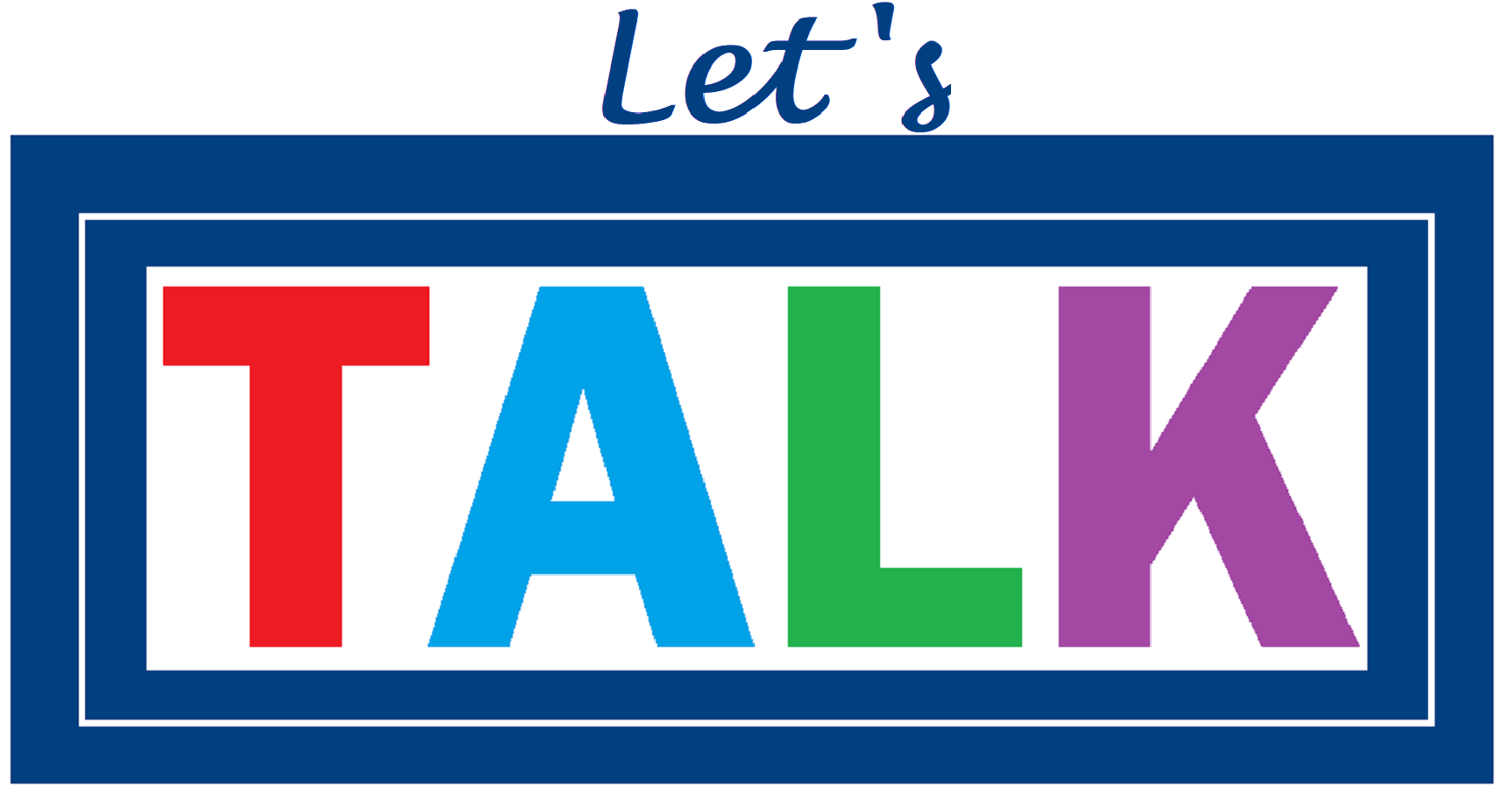By Shawnee Baldwin
Back in September the Board of Education held a hearing to solicit input from the community regarding the next five years of planning. Of the eight categories listed on the brochure, Environmental Sustainability caught my attention. At the actual meeting where I and two others spoke about composting, climate education, and electric buses, support for an additional artificial field was strong. When the Citizen article came out after this hearing there was barely a mention of anything other than the artificial field. While this was originally written for the BOE I think it applies to all sectors of our town to make our community more sustainable.
KEEP FIELDS NATURAL – After doing some research on the environmental impact of “Astro Turf” I wondered why we would be subjecting our vulnerable young people to a bevy of carcinogens, burns, future cancers, and more abrasive injuries, to our town for possible liability issues, and to our environment for the loss of natural turf to help us sequester carbon dioxide and reduce global warming. There is an article and a 12 minute video by Grassroots Environmental Education to learn more: https://www.grassrootsinfo.org/synthetic-turf
DISTRICT WIDE COMPOSTING – There is a heartbreaking amount of food wasted both by the kids, either food from home or the required items on the school lunch that the kids are not eating, and by what the kitchen staff has to throw away at the end of the shift. All of that waste can be turned into rich soil through composting reducing the 40% of waste that goes into a landfill and saves the town money on tipping fees. The kids in the Hebron Ave after-school program have been collecting snack waste and I have been taking it home to compost in my back yard. I have spoken to the head custodian, the lunch ladies and the kitchen staff who are all in favor of composting. What do restaurants and supermarkets do with their food waste? It could all be composted Blue Earth Composting now has pick-up service in Glastonbury. Check them out (860-266-7346). Composting is a win-win solution for our town’s environmental and fiscal sustainability.
ELIMINATE PLASTIC – It is practically impossible to buy anything that is not wrapped in plastic. You order any drink and it comes with a plastic straw. You get takeout, more plastic containers. The utensils that come automatically in your takeout are plastic, wrapped in plastic. At the school, apples and big pretzels are wrapped in plastic, veggies are in a capped plastic container. Why?
CLIMATE CHANGE EDUCATION – It is not enough for us to keep recycling. Our stuff is ending up in other communities and water sources. Co-mingling of paper, cans, and glass has contaminated the recyclables, making them useless as an economic product. Our trash may be out of sight but in most cases it never goes away. It becomes some else’s nightmare. That is not respectful, responsible, caring, or honest for this generation or seven generations down the line. So, there must be environmental education – trash talk, if you will – in our schools and community. Judy Moody Saves the World by Megan McDonald would be a good all school read, an introduction and discussion starter in the elementary schools to brainstorm ideas to save the planet.
SCHOOL GARDENS/ INDOOR PLANTS – Plants provide social and therapeutic opportunities. Certain plants in the classroom can help filter air and kids could be responsible for their care. Pollinator or vegetable gardens – especially hydroponics – could be part of a science curriculum where kids test out seed growth, conditions a seed will thrive, get hands dirty and reconnect to the soil. Vegetables grown could be eaten for snacks or sent home with kids. New Britain Roots (860-259-4290 Joey Lisitro Joey@newbritainroots.org ) has installed a vegetable garden in most of the elementary schools in New Britain as well as the High School. Could we do that in Glastonbury?
Pollinator gardens using native species and wild flowers could serve a dual purpose – of making serene mental health spaces for kids and staff, and helping to create pollinator friendly environments and food banks for bees, butterflies, bugs, and birds. Restore the natures classroom at Hebron Ave School! There is an active Glastonbury Pollinator Pathwaysgroup (an offshoot of TALK) and many garden clubs that have installed gardens around town for the enjoyment of all.
TRANSPORTATION – Electric buses are on the rise and that’s a good thing to reduce our dependance on fossil fuels and the toxic gases they emit. I rarely see a full bus anymore but I do see a lot of cars idling while they wait to pick up their kids after school. Mostparents, vans, and buses shut off their engines as they arrive. But for those that don’t are they aware there is a law (2004) and a fine for idling more than 3 minutes – with few exceptions? According to the Ct DEEP an idling engine emits 20 times more pollution (air toxic chemicals, gasses and soot that aggravate asthma) than traveling 30 MPH. 10 seconds of idling uses more fuel that turning the car off and then back on. Walking to and from school is not a viable option for many kids but if we had more sidewalks it might expand the opportunity to bike or walk safely to school or work.
TALK Environment group seeks to promote conversations about the environment and climate change in our community. If you have a related topic which you are passionate about, please send your ideas and suggestions for future articles to: prez@talk-action.org. All articles are archived on the Talk website http://talk-action.org
